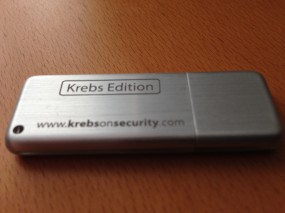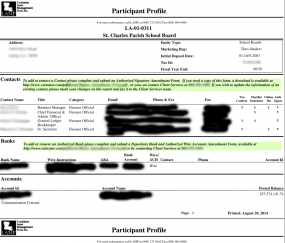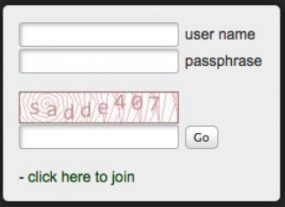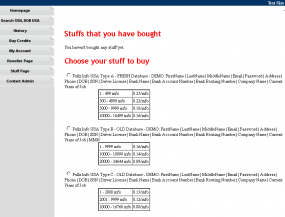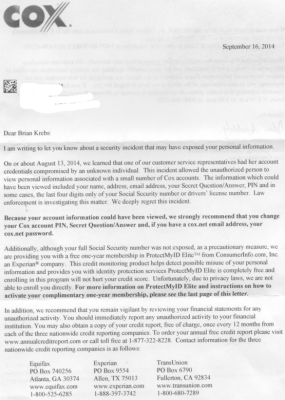Sears Holding Co. late Friday said it recently discovered that point-of-sale registers at its Kmart stores were compromised by malicious software that stole customer credit and debit card information. The company says it has removed the malware from store registers and contained the breach, but that the investigation is ongoing.
“Yesterday our IT teams detected that our Kmart payment data systems had been breached,” said Chris Brathwaite, spokesman for Sears. “They immediately launched a full investigation working with a leading IT security firm. Our investigation so far indicates that the breach started in early September.”
According to those investigators, Brathwaite said, “our systems were infected with a form of malware that was currently undetectable by anti-malware systems. Our IT teams quickly removed that malware, however we do believe that debit and credit card numbers have been compromised.”
Brathwaite stressed that the data stolen included only “track 2” data from customer credit and debit cards, and did not include customer names, email address, physical address, Social Security numbers, PINs or any other sensitive information.
However, he acknowledged that the information stolen would allow thieves to create counterfeit copies of the stolen cards. So far, he said, Sears has no indication that the cards are yet being fraudulently used.
Sears said it has no indication that any Sears, Roebuck customers were impacted, and that the malware infected the payment data systems at Kmart stores only.
More on this developing story as updates become available. For now, see this notice on Kmart’s home page.






